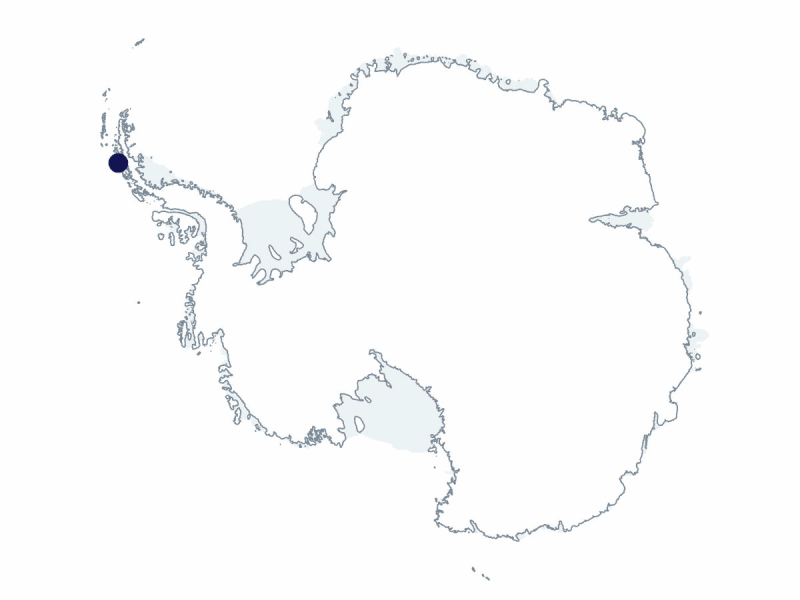2024-2025 USAP Field Season
Project Detail Project TitlePAL-LTER: Ecological response to "Press-Pulse" disturbances along a rapidly changing West Antarctic Peninsula Summary
Event Number:
Program Director:
ASC POC/Implementer: Principal Investigator(s)
Dr. Benjamin Van Mooy
Project Web Site: Location
Supporting Stations: Palmer Station DescriptionSeasonal sea ice-influenced marine ecosystems at both poles are characterized by high productivity concentrated in space and time by local, regional, and remote physical forcing. These polar ecosystems are among the most rapidly changing on Earth. The Palmer Long Time Ecological Research (PAL-LTER) seeks to build on three decades of long-term research along the western side of the Antarctic Peninsula to gain new mechanistic and predictive understanding of ecosystem changes in response to disturbances spanning long-term, subdecadal, and higher-frequency “pulses” driven by a range of processes, including long-term climate warming, natural climate variability and storms. These disturbances alter food-web composition and ecological interactions across temporal and spatial scales that are not well understood. Researchers will contribute fundamental understanding of how population dynamics and biogeochemical processes are responding within a polar marine ecosystem undergoing profound change. Field Season OverviewMicroorganisms < 1 µm long form an important ecosystem component at the base of ocean foodwebs and catalyze critical biogeochemical transformations in the carbon, nitrogen and other elemental cycles. Two participants will deploy to Palmer Station to document the long-term trends and variability of bulk bacterial and Archaeal biomass and production rates in space and time. They will conduct twice weekly water sampling at Stations B and E, twice weekly bioacoustic transects, and deploy moored sediment traps to capture carbon transport in the water column. The goal of the biogeochemistry component is to understand how climate change and ecosystem responses impact key biogeochemical properties and processes: dissolved inorganic carbon and nutrients, net community production and particle export. The Southern Ocean is an important sink for atmospheric CO2. The studies of the metabolically active gases are aimed at clarifying the linkages among biological and physical processes affecting CO2 storage. Deploying Team Members
|
2024-2025 Science Planning Summary



For USAP Participants |
For The Public |
For Researchers and EducatorsContact UsU.S. National Science FoundationOffice of Polar Programs Geosciences Directorate 2415 Eisenhower Avenue, Suite W7100 Alexandria, VA 22314 Sign up for the NSF Office of Polar Programs newsletter and events. Feedback Form |



